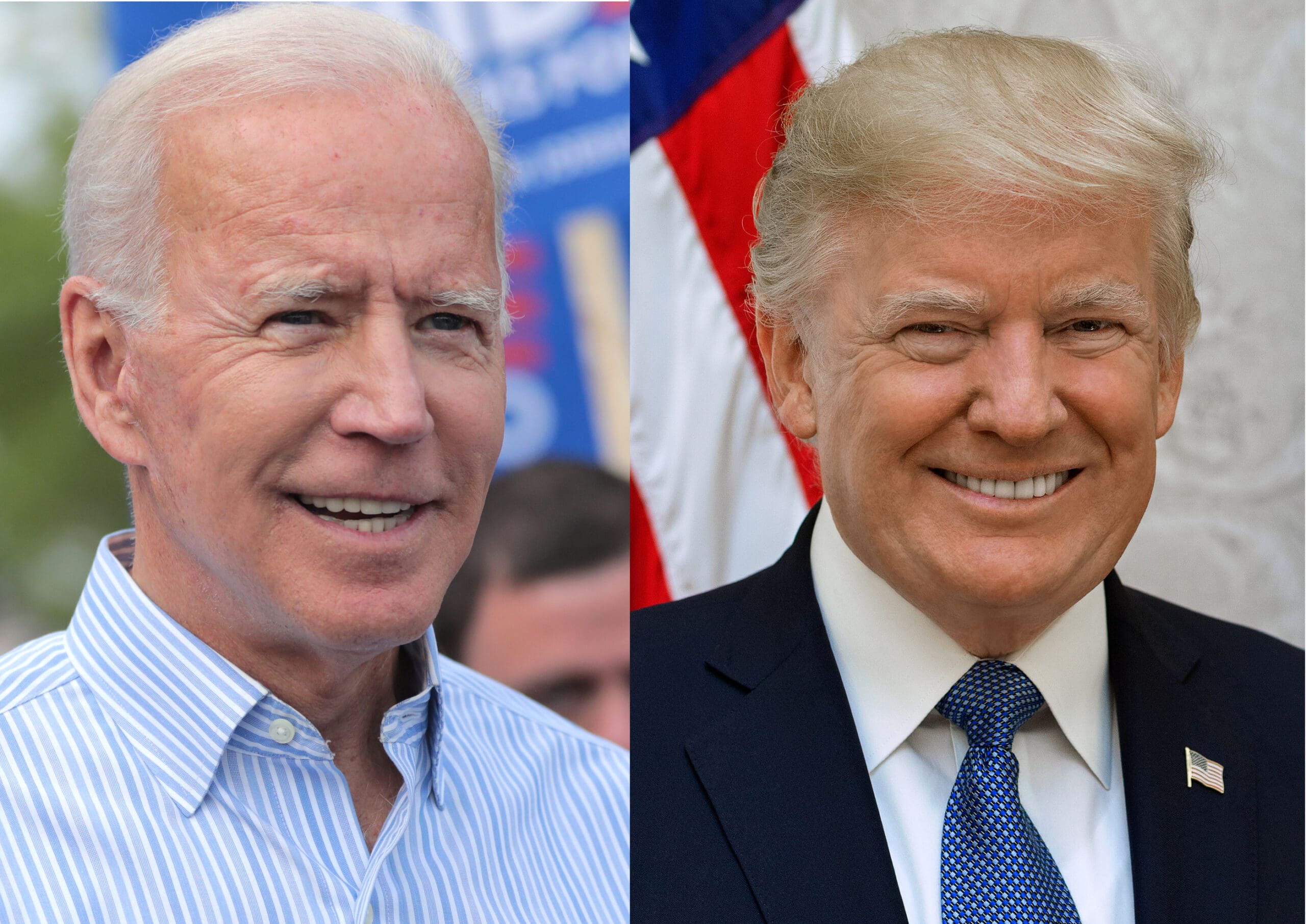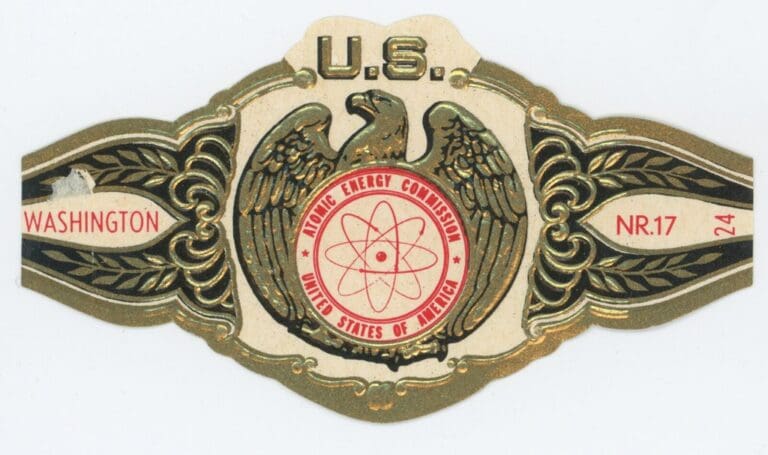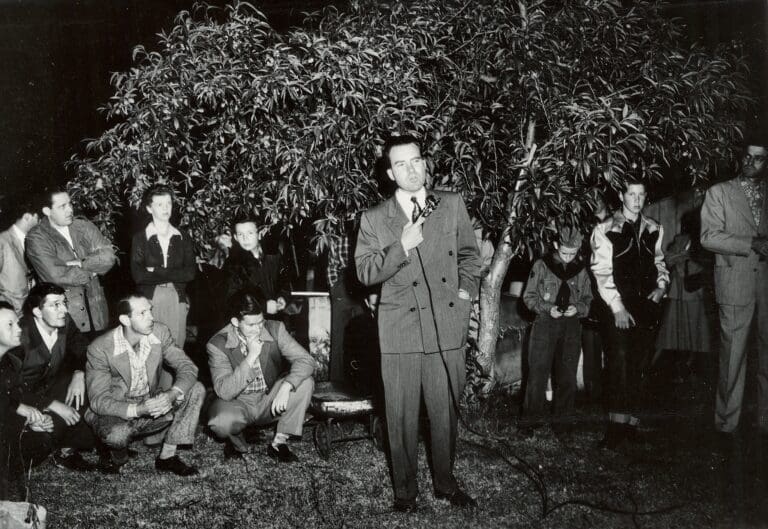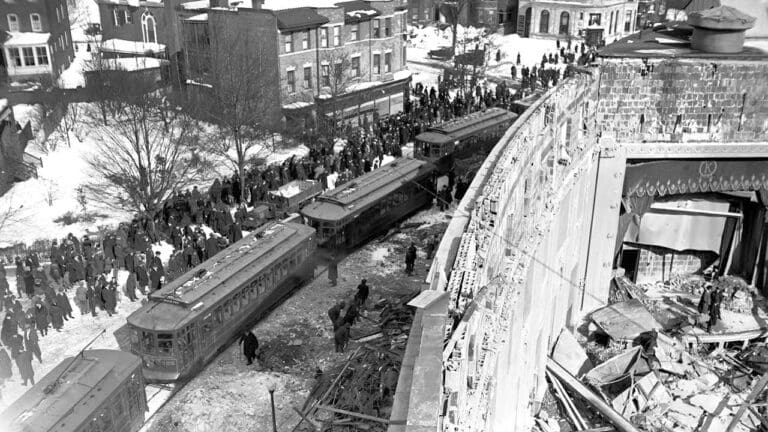Throughout American history, presidential elections have often been moments of significant political drama and societal change.
This listicle delves into some of the most notable and controversial elections in U.S. history, highlighting the candidates, contexts, and consequences that shaped the nation. From early political contests to modern-day electoral upheavals, these pivotal moments reveal the evolving landscape of American democracy and its enduring challenges.
15. The Election of 1968: Nixon, Humphrey, and Wallace
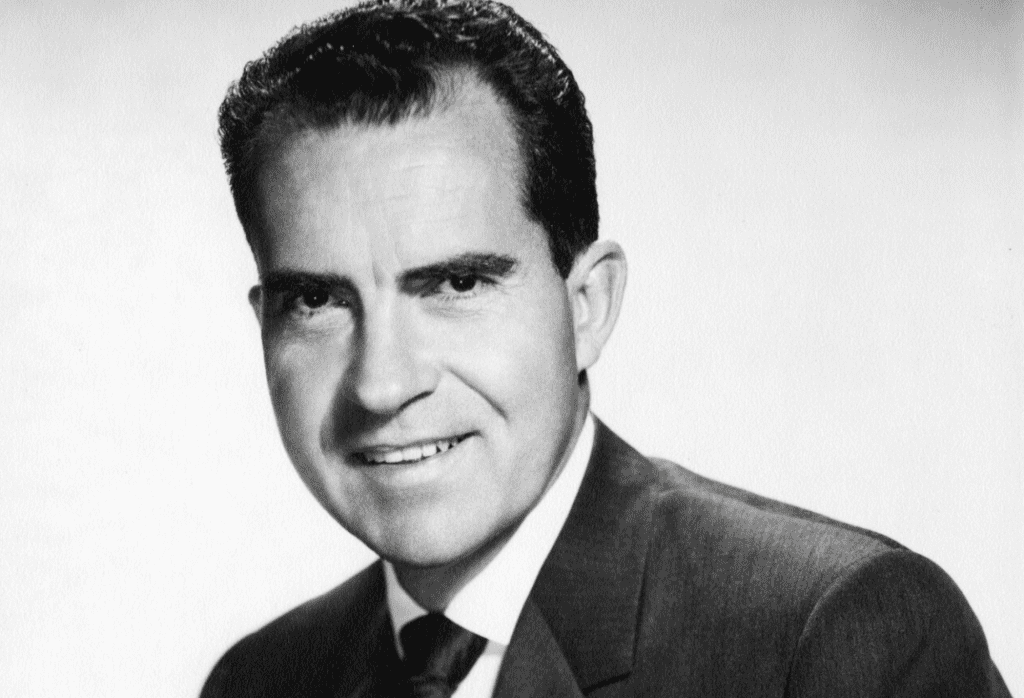
The 1968 election was marked by social unrest, assassinations, and the Vietnam War. Republican Richard Nixon narrowly defeated Democrat Hubert Humphrey, while segregationist George Wallace won five Southern states. Nixon’s “law and order” campaign resonated with voters amid widespread protests and riots, ultimately securing him the presidency.
14. The Election of 2016: Trump vs. Clinton
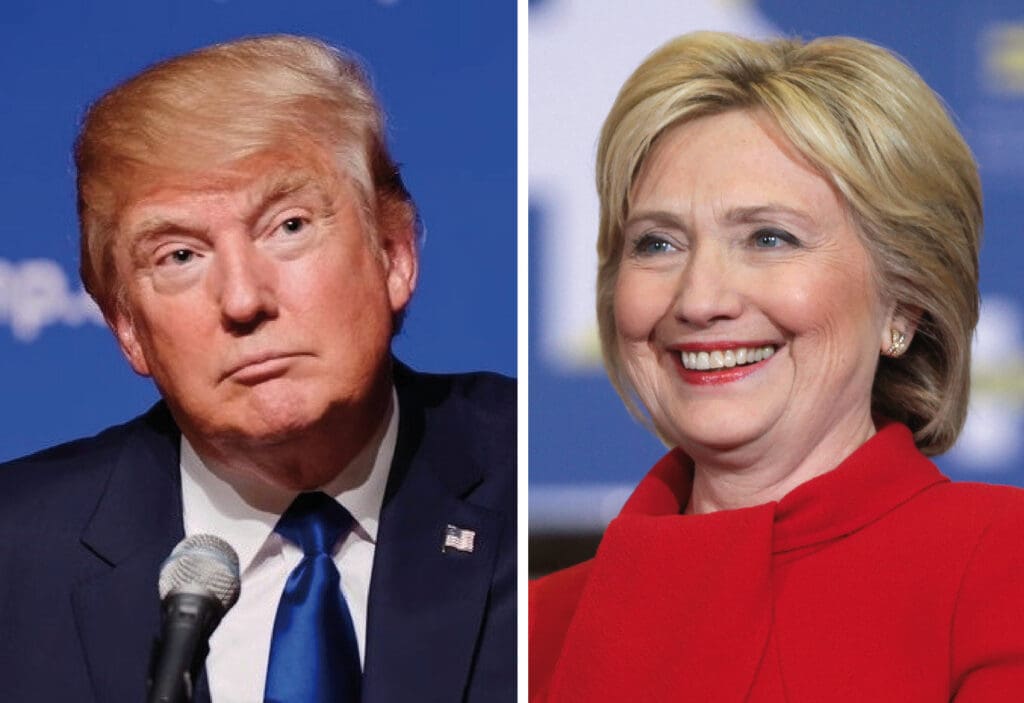
Republican Donald Trump defeated Democrat Hillary Clinton in a stunning upset, winning the Electoral College despite losing the popular vote by nearly 2.9 million. Trump’s victory in key swing states, fueled by support from white working-class voters, defied polls and expectations. The election was marked by controversies, including Russian interference and FBI investigations into Clinton’s emails.
13. The Election of 1884: Cleveland vs. Blaine
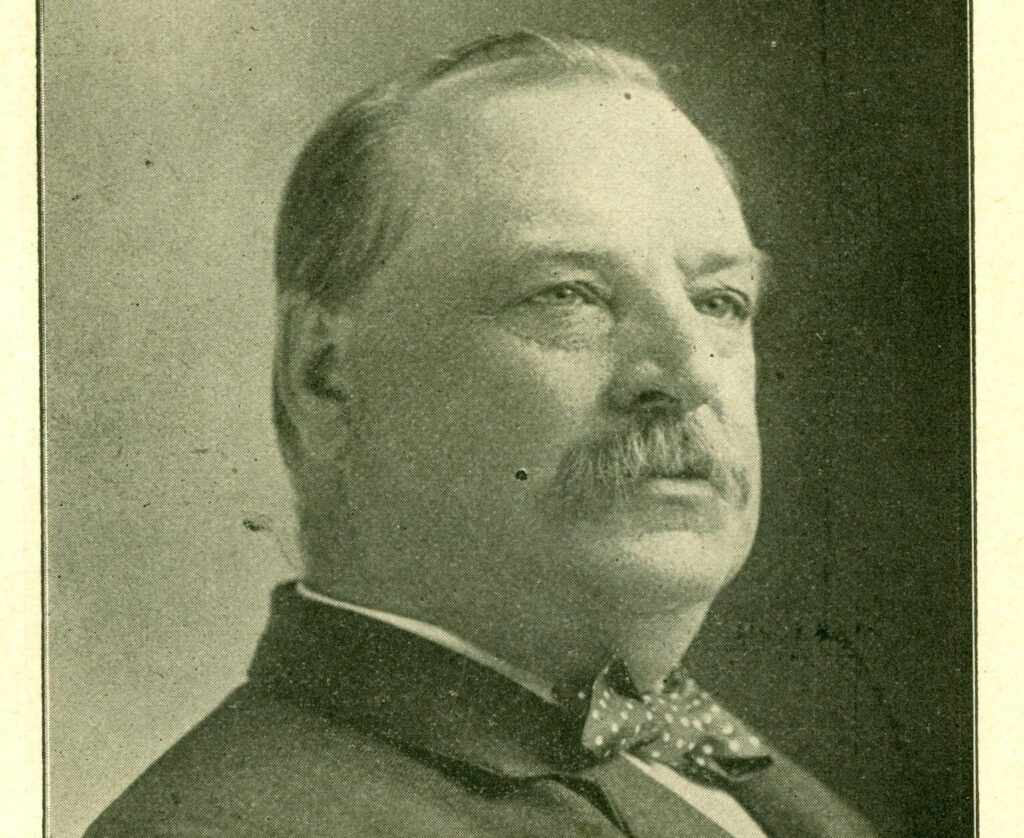
The 1884 election was marred by mudslinging and personal attacks. Democrat Grover Cleveland narrowly defeated Republican James G. Blaine, winning New York by just 1,047 votes. The campaign featured accusations of corruption against Blaine and revelations about Cleveland’s illegitimate child. Cleveland’s victory marked the first Democratic presidency since 1856.
12. The Election of 1796: Adams vs. Jefferson
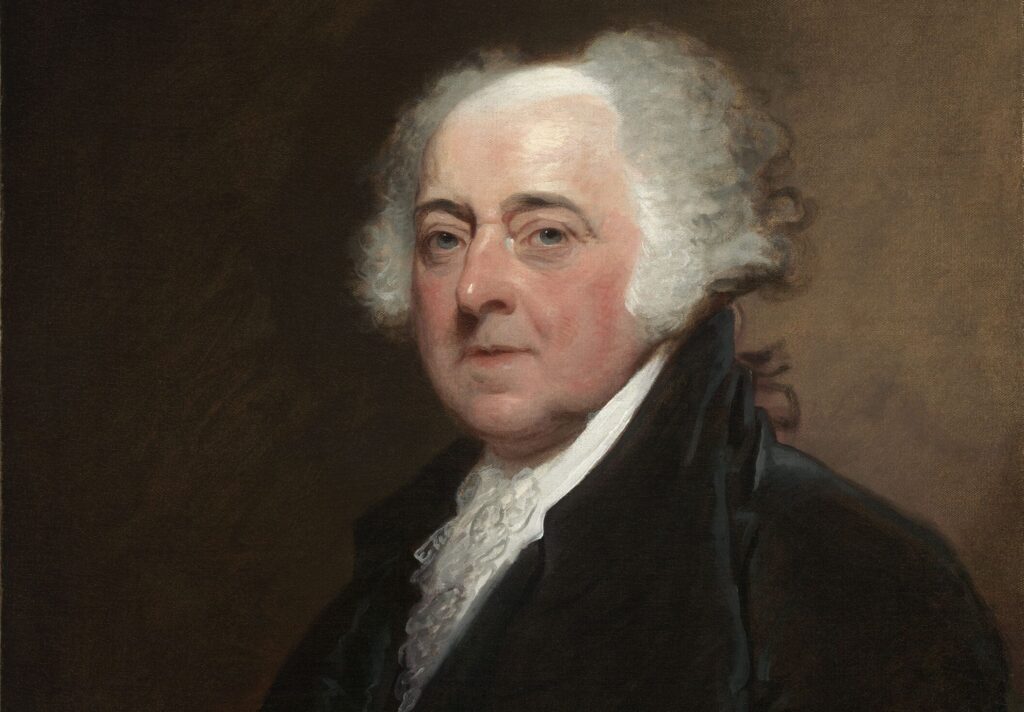
The 1796 election marked the first contested presidential race and the only time a president and vice president were elected from opposing parties. Federalist John Adams narrowly defeated Democratic-Republican Thomas Jefferson, who became vice president due to receiving the second-most electoral votes. This unusual outcome led to political tensions and ultimately contributed to the passage of the 12th Amendment.
11. The Election of 1948: Truman vs. Dewey
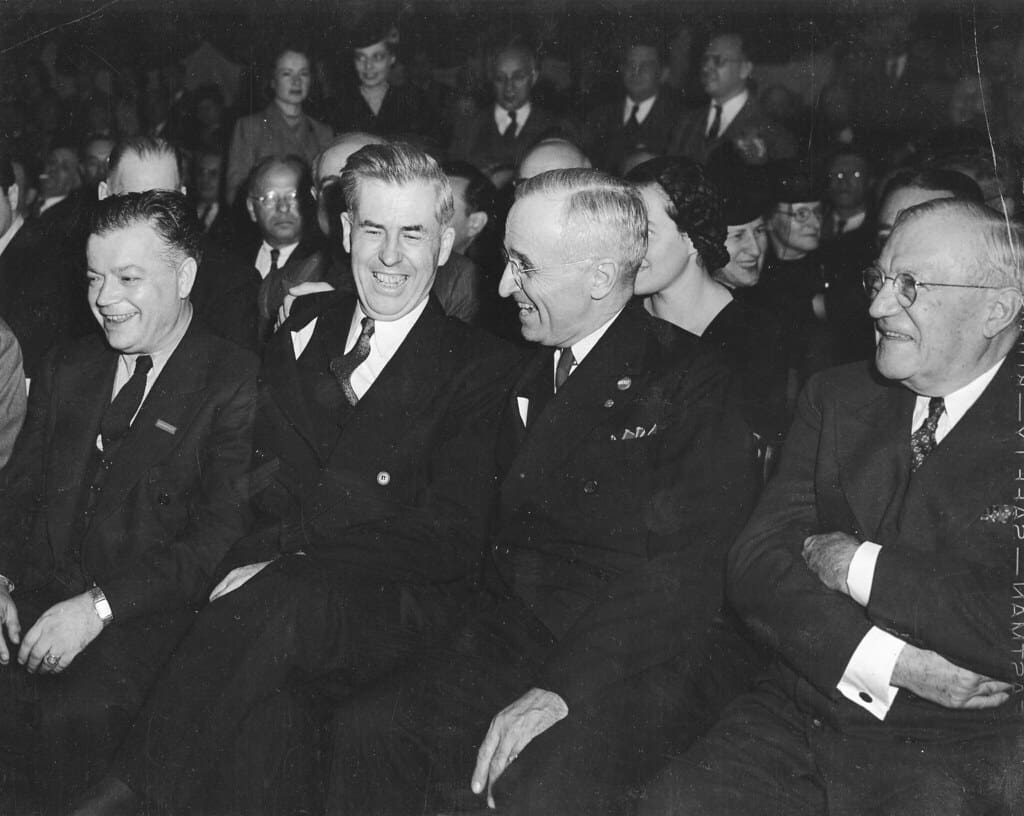
Harry Truman’s upset victory over Thomas Dewey shocked pollsters and media. Truman’s whistle-stop campaign and focus on the “do-nothing” Republican Congress resonated with voters. The Chicago Tribune’s infamous “Dewey Defeats Truman” headline became a symbol of the election’s unexpected outcome, cementing its place in political history.
10. The Election of 1912: Wilson, Roosevelt, and Taft
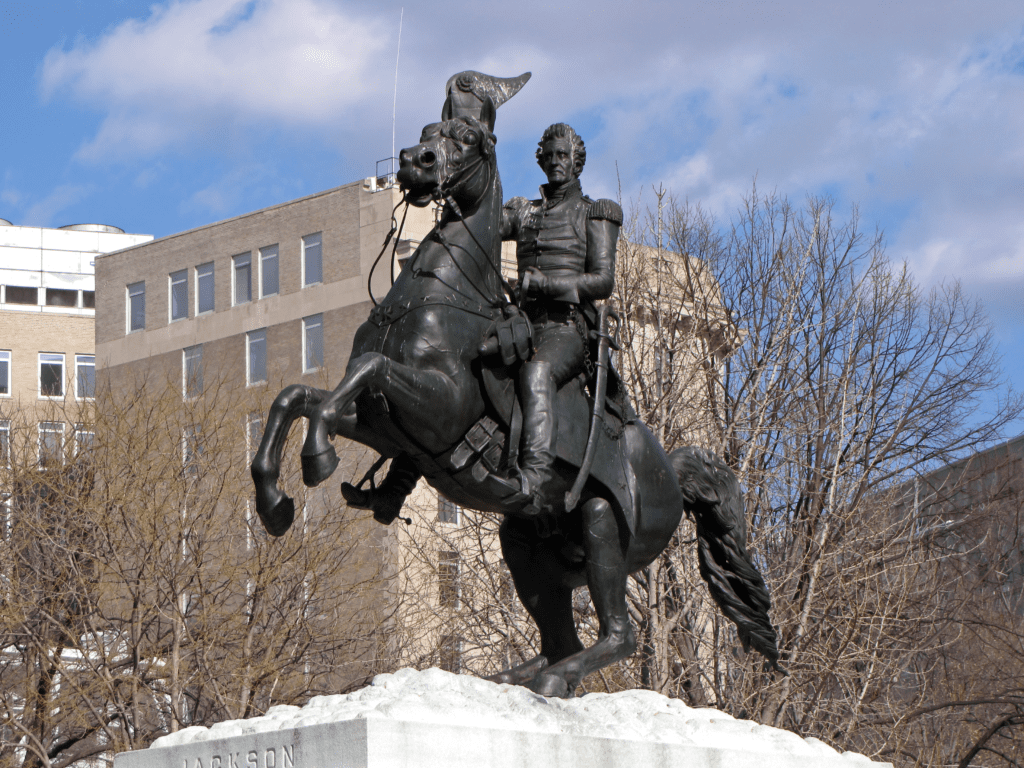
The 1912 election was a four-way race that split the Republican Party. Incumbent William Taft faced challenges from former president Theodore Roosevelt, who ran as a Progressive, and Democrat Woodrow Wilson. The Republican vote was divided, allowing Wilson to win with just 41.8% of the popular vote. This election reshaped American politics and ushered in progressive reforms.
9. The Election of 1824: The “Corrupt Bargain”
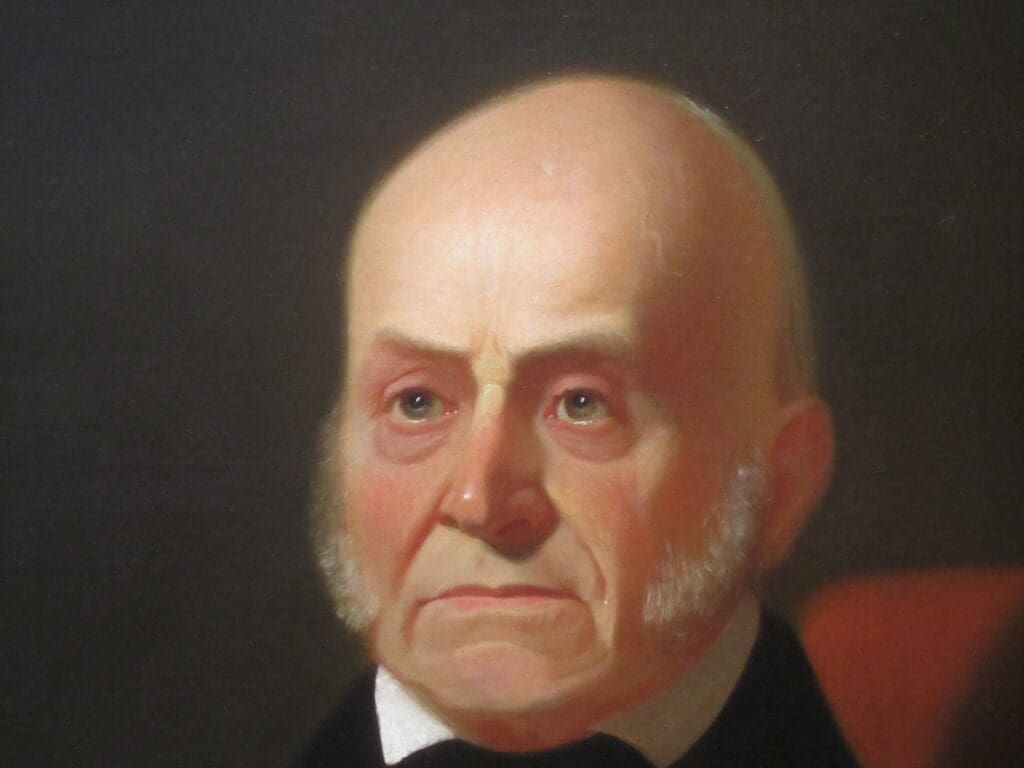
Andrew Jackson won the popular vote but lacked an electoral majority. The House of Representatives chose John Quincy Adams as president, with Henry Clay’s support. Clay became Secretary of State, leading to accusations of a “corrupt bargain.” This controversial outcome fueled Jackson’s successful 1828 campaign.
8. The Election of 1888: Harrison vs. Cleveland
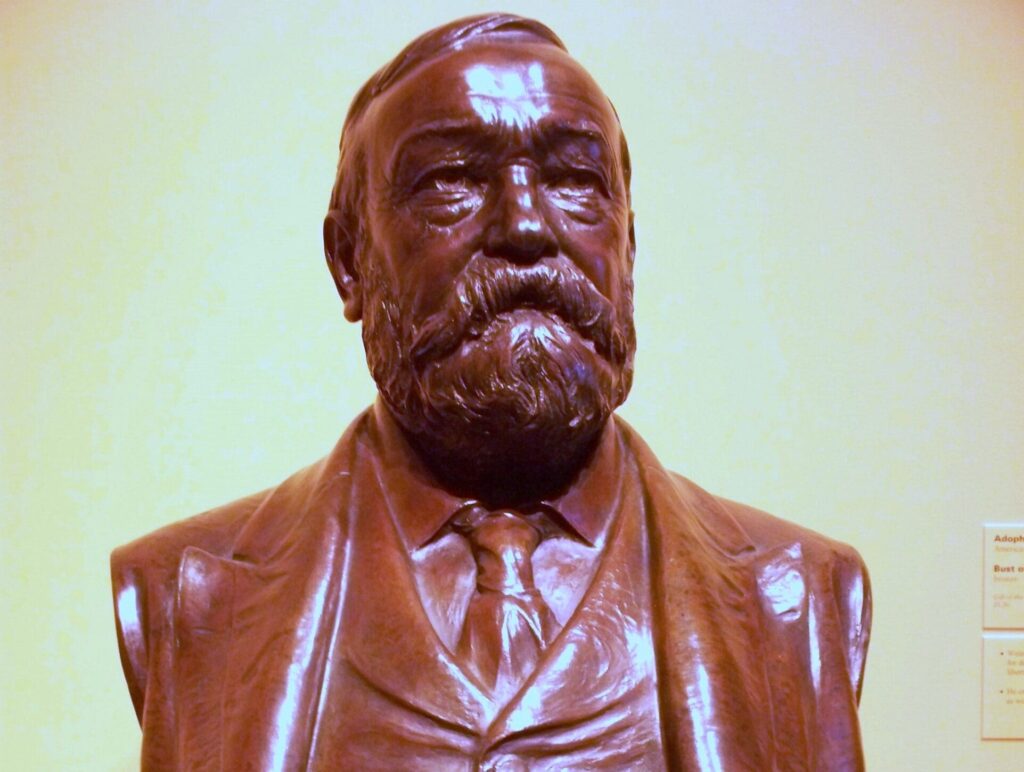
Republican Benjamin Harrison defeated incumbent Democrat Grover Cleveland in a controversial election where Cleveland won the popular vote but lost the Electoral College. The campaign focused on tariff policy and allegations of voter fraud. Harrison’s victory marked the third time in U.S. history that a candidate won the presidency without winning the popular vote.
Source: [270toWin](https://www.270towin.com/1888_Election/)
7. The Election of 1960: Kennedy vs. Nixon
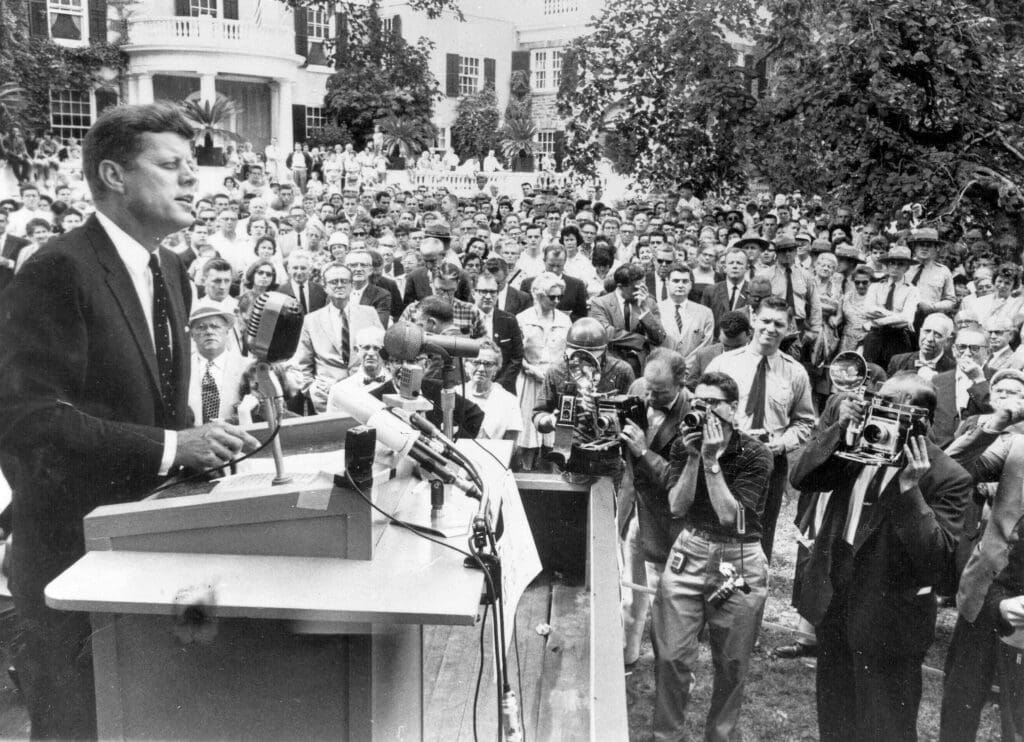
John F. Kennedy narrowly defeated Richard Nixon in one of the closest elections in US history. Kennedy won by just 112,000 votes, with allegations of voter fraud in Illinois and Texas. The election featured the first televised presidential debates, which many believe tipped the scales in Kennedy’s favor.
6. The Election of 1800: Jefferson vs. Adams
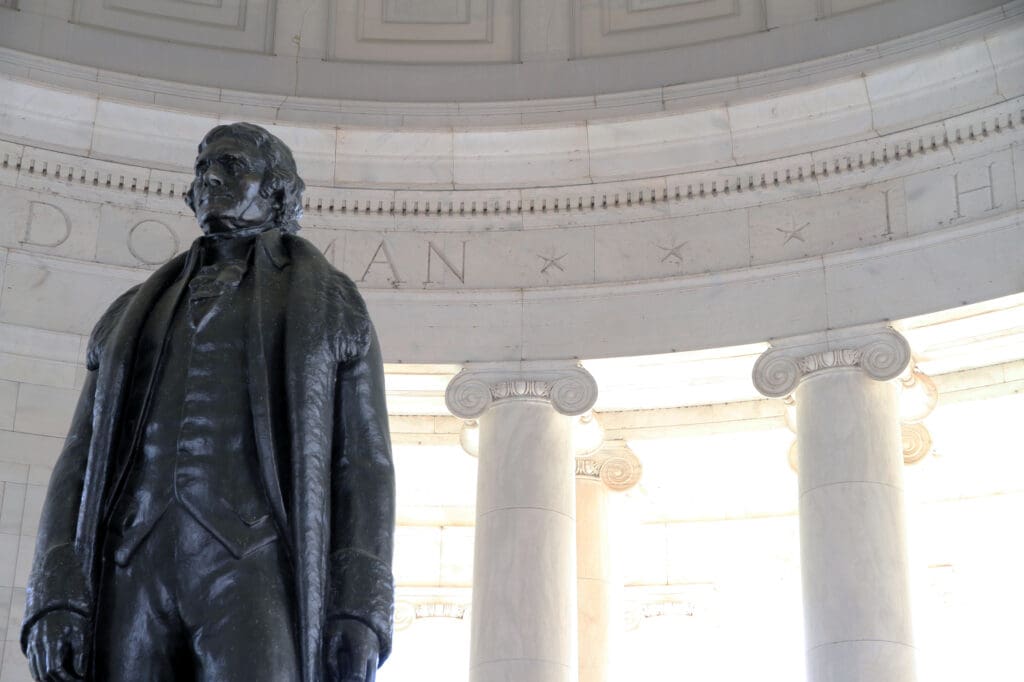
The 1800 election was a bitter rematch between Thomas Jefferson and John Adams. It resulted in an electoral tie between Jefferson and his running mate Aaron Burr, forcing the House of Representatives to decide. After 36 ballots, Jefferson emerged victorious, marking the first peaceful transfer of power between opposing parties in U.S. history.
5. The Election of 2020: Biden vs. Trump
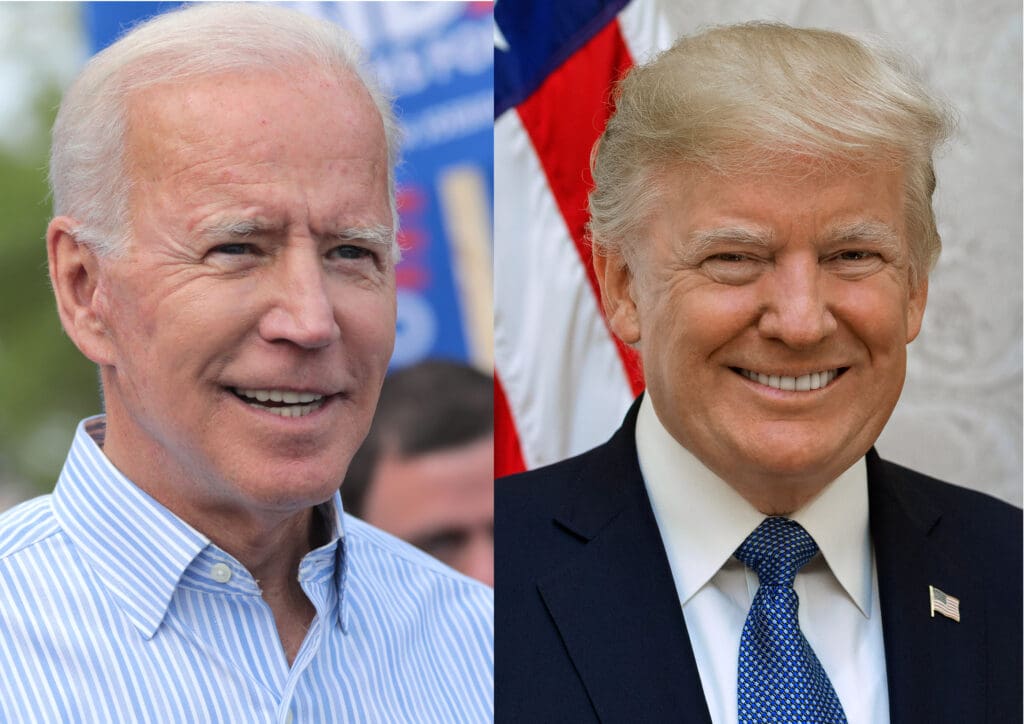
Joe Biden defeated incumbent Donald Trump in a highly contentious election marked by the COVID-19 pandemic, record-breaking turnout, and unprecedented early and mail-in voting. Biden won 306 electoral votes to Trump’s 232, with a 4-point popular vote margin. Trump’s refusal to concede and baseless claims of fraud led to the January 6 Capitol attack.
4. The Election of 1860: Lincoln’s Victory and Southern Secession
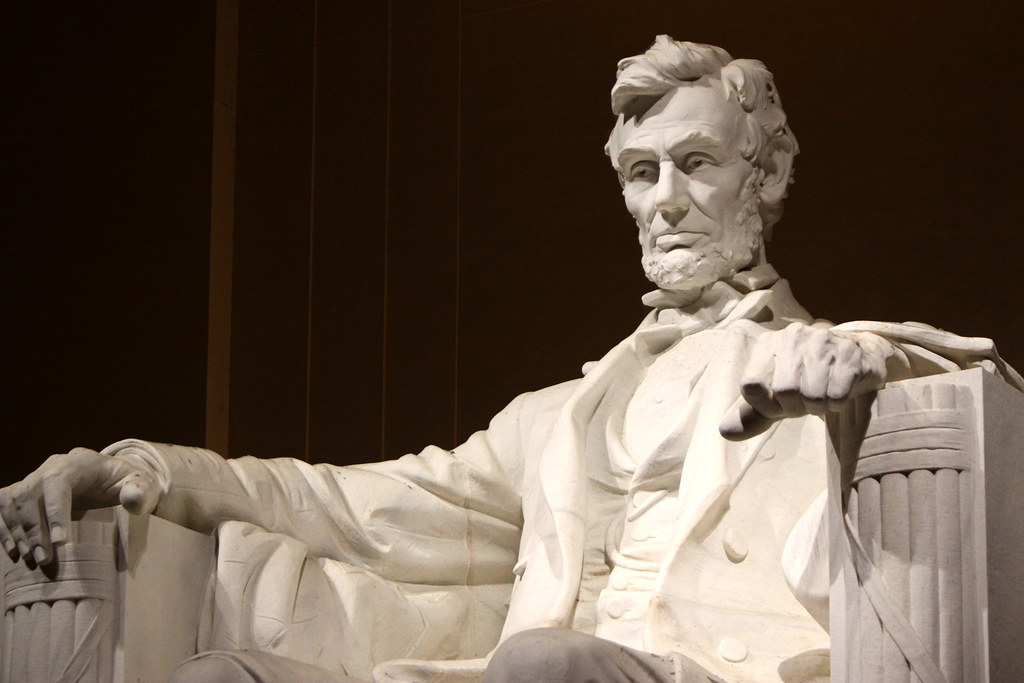
Abraham Lincoln won the 1860 election with only 39.7% of the popular vote, the lowest for any winning candidate. His victory, without carrying a single Southern state, sparked the secession of seven Southern states before his inauguration. This election’s outcome directly led to the American Civil War, fundamentally altering the nation’s course.
3. The Election of 1824: Adams vs. Jackson
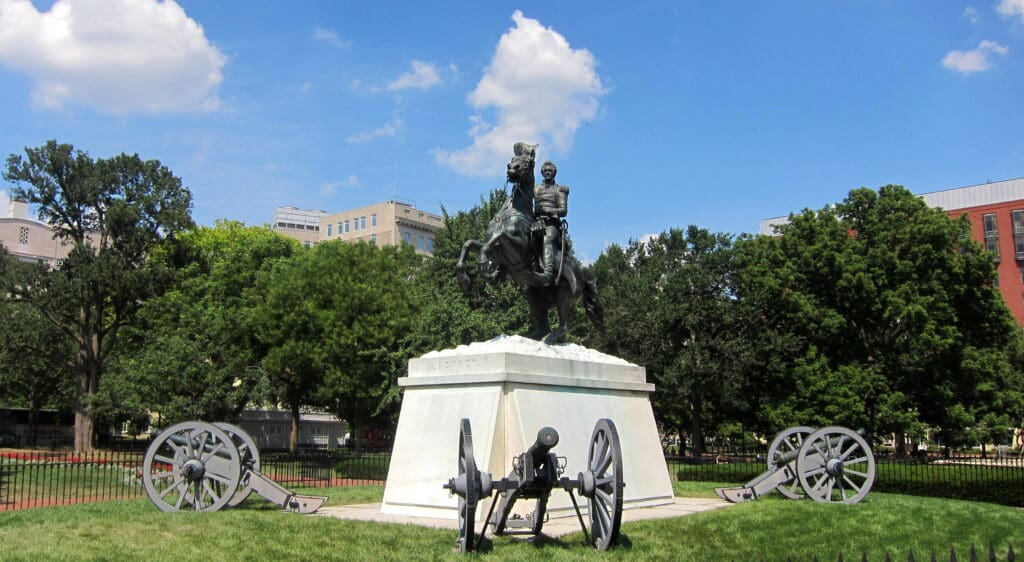
Andrew Jackson won the popular vote and plurality of electoral votes, but John Quincy Adams became president through a House of Representatives vote. This controversial outcome, dubbed the “Corrupt Bargain,” occurred when no candidate secured an electoral majority. Adams’ appointment of Henry Clay as Secretary of State fueled allegations of a backroom deal, setting the stage for Jackson’s victory in 1828.
Read More: Are Interest Rate Cuts Good for the Economy?
2. The Election of 2000: Bush vs. Gore

The 2000 presidential election between George W. Bush and Al Gore was decided by a razor-thin margin in Florida. After weeks of recounts and legal battles, the U.S. Supreme Court halted the Florida recount in a 5-4 decision, effectively handing the presidency to Bush. This controversial ruling left many questioning the legitimacy of the outcome and the role of the Supreme Court in deciding elections.
Read More: Capital Gains Tax Will Become Huge Focus in 2025
1. The Election of 1876: Hayes vs. Tilden

The 1876 election between Republican Rutherford B. Hayes and Democrat Samuel Tilden was one of the most disputed in U.S. history. Tilden won the popular vote, but 20 electoral votes were contested. An Electoral Commission ultimately awarded all disputed votes to Hayes, giving him a 185-184 victory in the Electoral College.
Read More: Why Have Interest Rates Been So High?

